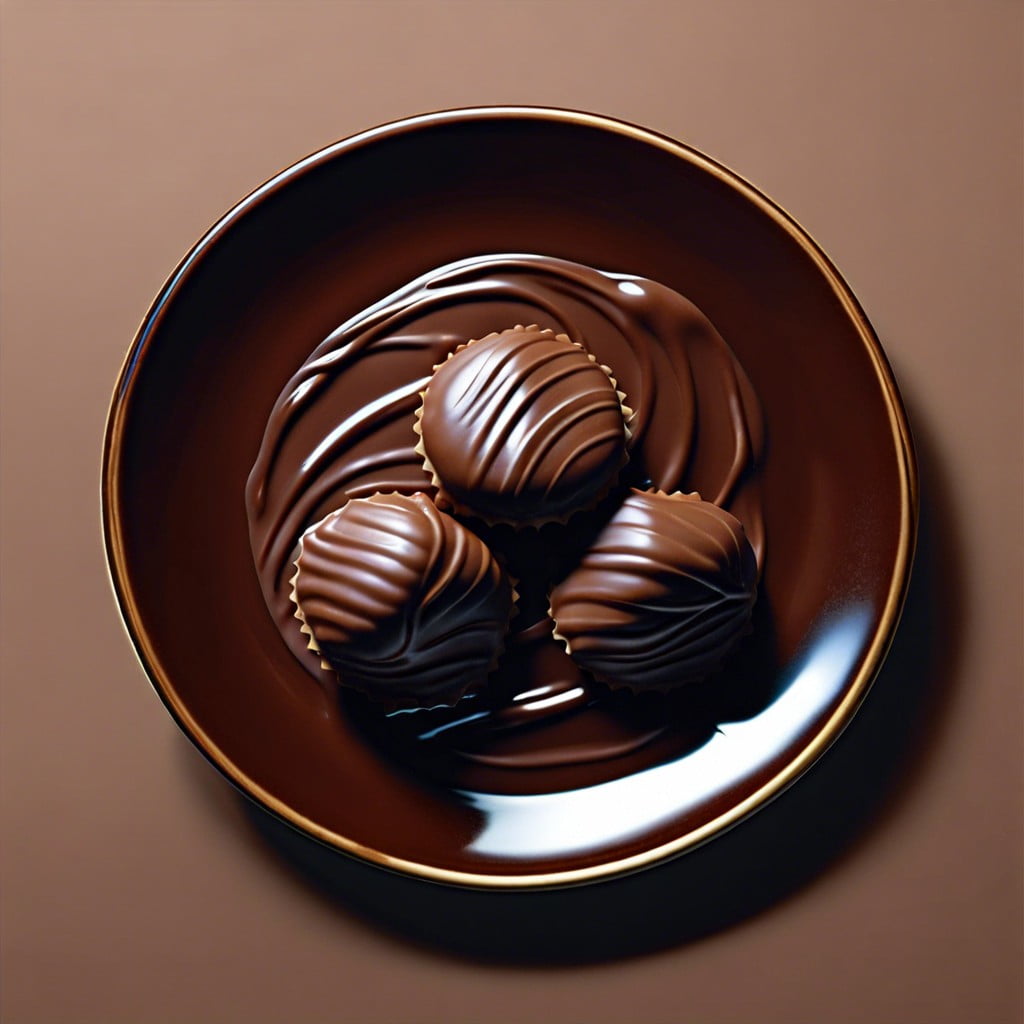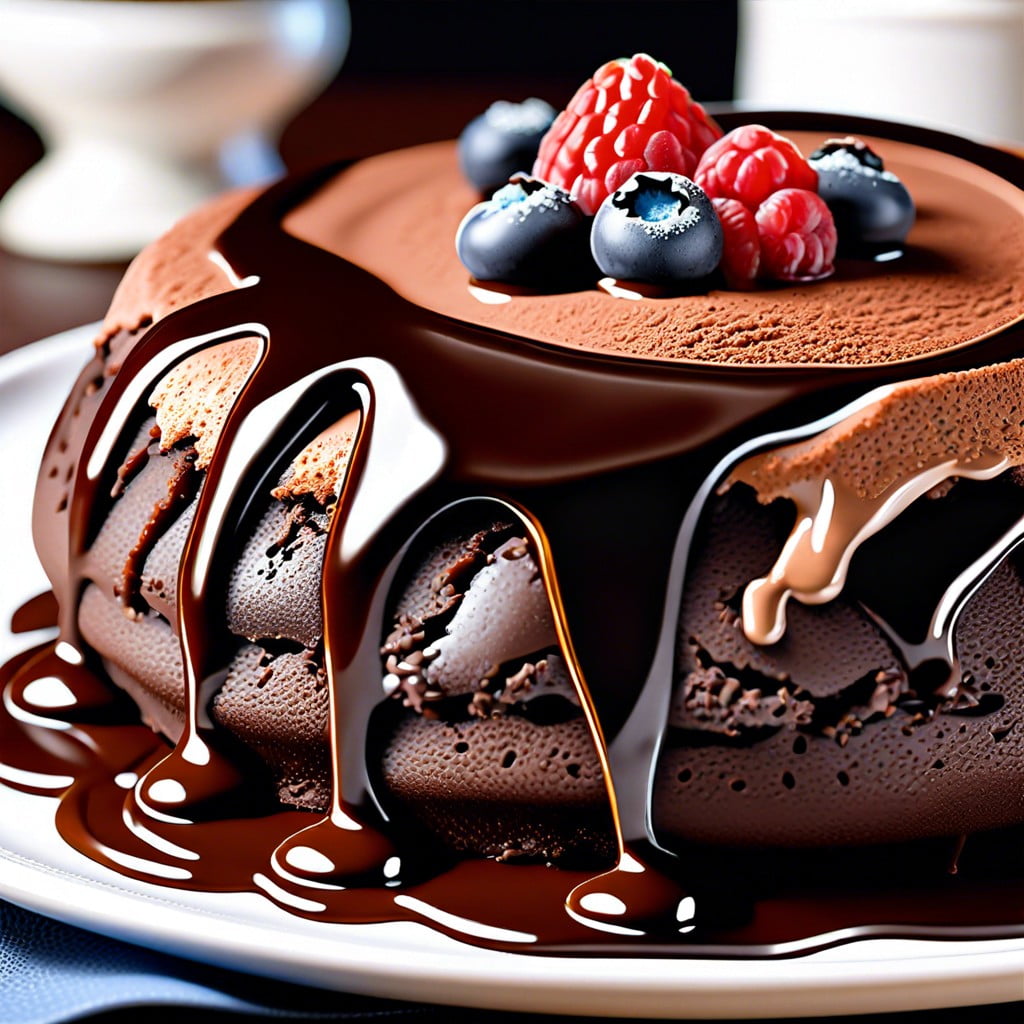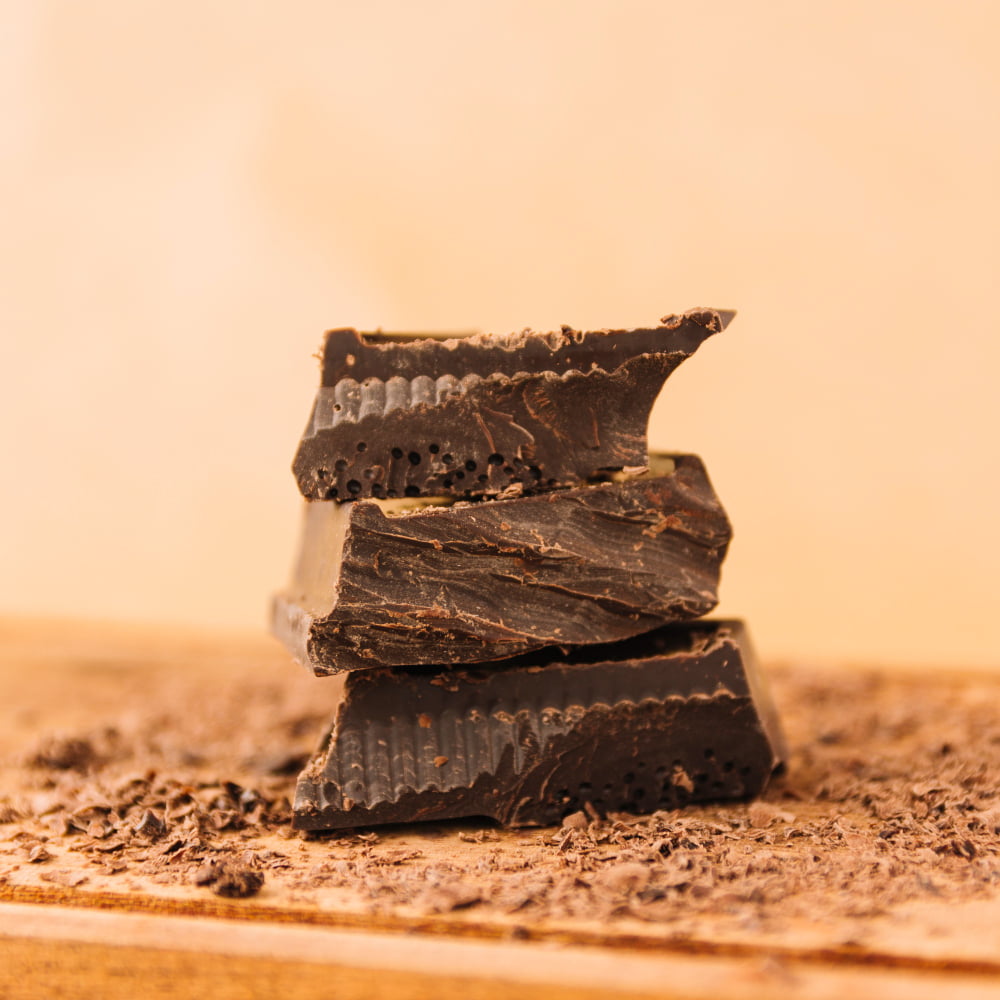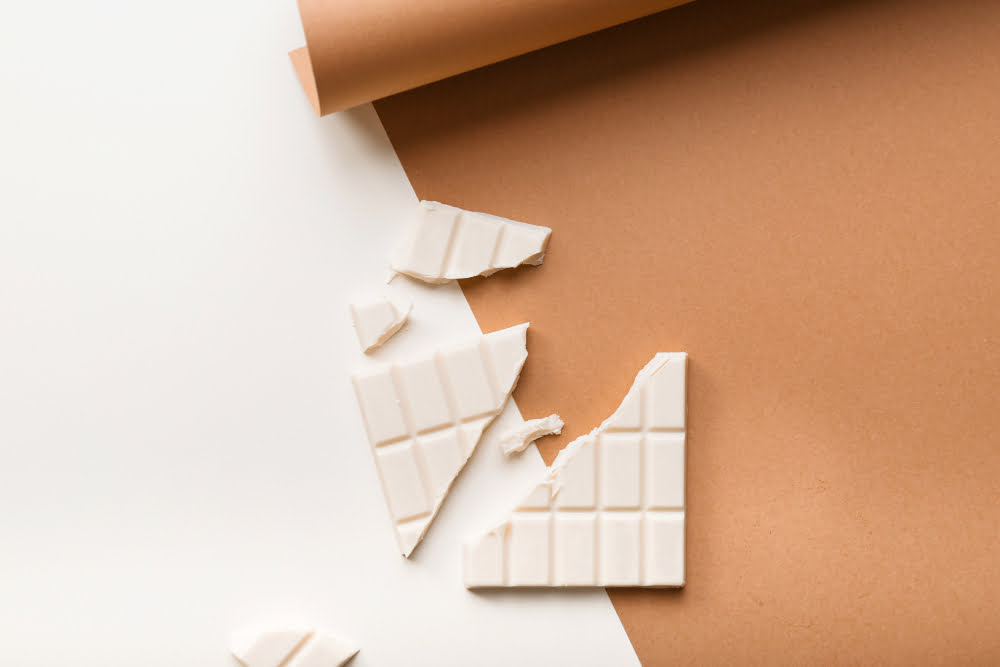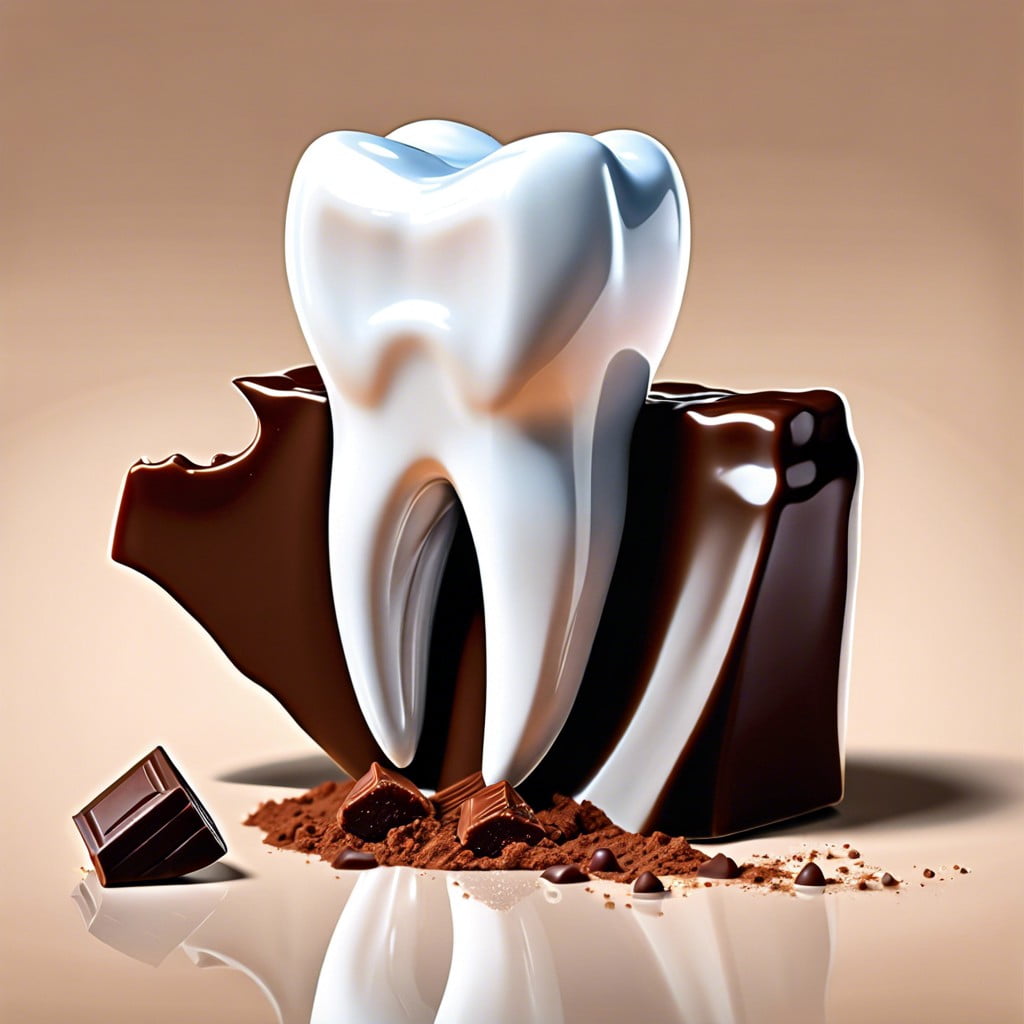Understanding the dietary restrictions following hiatal hernia surgery can aid in recovery; this article outlines why chocolate is typically avoided post-operation.
Key takeaways:
- Soft diet initially, minimize pressure on healing stomach
- Stay hydrated, ensure smooth digestion and overall recovery
- Smaller, more frequent meals, easier on digestive system
- Avoid spicy, acidic, and fatty foods that irritate esophagus
- No chocolate, can relax LES and exacerbate reflux symptoms
Inside
Understanding Hernia Surgery and Recovery
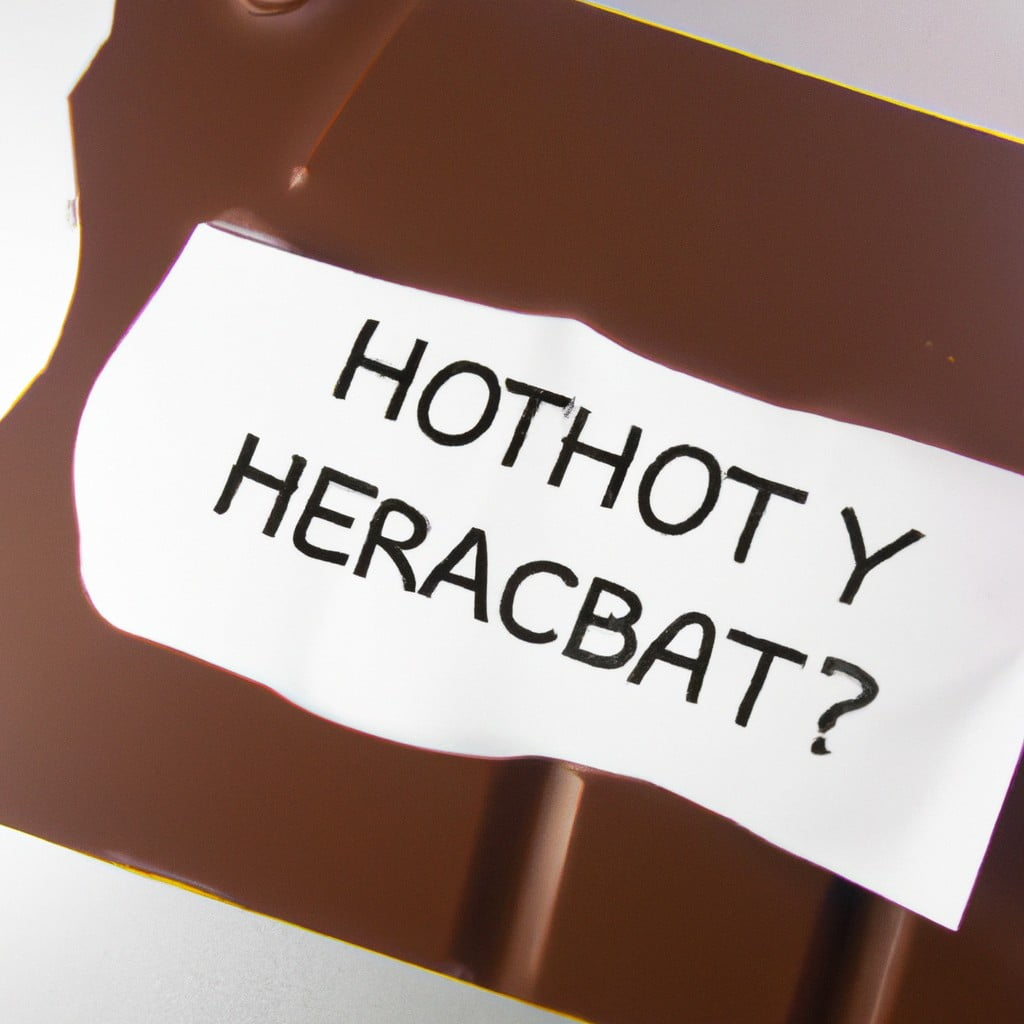
Hiatal hernia surgery, known as hiatal hernia repair, involves returning the stomach to its proper place below the diaphragm. Recovery from this procedure is critical and requires adherence to specific dietary guidelines to promote healing and prevent complications.
It’s essential to:
- Follow a soft diet initially: This helps minimize pressure on the healing stomach and esophageal tissues.
- Stay hydrated: Adequate fluid intake ensures smooth digestion and supports overall recovery.
- Eat smaller, more frequent meals: Smaller portions are easier on the digestive system and can prevent discomfort.
- Avoid foods that can irritate the esophagus: Spicy, acidic, and fatty foods often exacerbate symptoms and can hamper healing.
- Limit activities that increase abdominal pressure: Heavy lifting and strenuous exercise are discouraged in the early stages of recovery to avoid disrupting the surgical repair.
The Link Between Hiatal Hernia and Acid Reflux
A hiatal hernia occurs when part of the stomach pushes upward through the diaphragm, potentially causing discomfort and various symptoms. One common side effect of this condition is acid reflux, also known as gastroesophageal reflux disease (GERD). This happens because the hernia can weaken the lower esophageal sphincter (LES), the muscle responsible for preventing stomach acids from flowing back into the esophagus.
When the LES is compromised, acidic stomach contents can more easily enter the esophagus, leading to symptoms like heartburn, chest pain, and regurgitation. Understanding this relationship is crucial because it directly influences dietary recommendations after surgery to repair a hiatal hernia.
The Reasoning Behind the No-Chocolate Policy
Chocolate contains natural compounds that can relax the lower esophageal sphincter (LES), the muscle that controls the opening between the esophagus and stomach.
After a hiatal hernia surgery, the goal is to keep the LES tight to prevent stomach acids from refluxing up into the esophagus, which can cause irritation and discomfort.
Since a relaxed LES might lead to acid reflux symptoms, which patients are particularly susceptible to post-surgery, avoiding chocolate helps in managing these risks.
Moreover, chocolate is also high in fat and caffeine, both of which are known to exacerbate reflux symptoms.
Limiting the intake of such triggers helps ensure a smoother recovery and minimizes the likelihood of complications.
What Happens When You Consume Chocolate After Hiatal Hernia Surgery
Chocolate, due to its caffeine and cocoa content, relaxes the esophageal sphincter. This relaxation can lead to acid reflux, where stomach acid leaks into the esophagus.
Post-surgery, your body requires a strict diet to heal the area around the hernia repair effectively and to avoid complications. Eating chocolate might increase the risk of acid backflow, which can irritate the esophageal lining, possibly causing inflammation and discomfort.
Moreover, chocolate’s high-fat content slows down stomach emptying, which means acid levels can build up, heightening the risk of further reflux episodes.
Therefore, avoiding chocolate helps maintain a stable healing environment, reduces irritation, and promotes quicker recovery after hiatal hernia surgery.
Dietary Restrictions After Hernia Surgery
Following hiatal hernia surgery, your diet is crucial for a smooth recovery and to prevent complications. Here are some key points to consider:
- Start with a liquid diet; broth and juices are ideal to keep you hydrated without straining your esophagus.
- Gradually reintroduce soft foods like yogurt and pureed vegetables as your tolerance improves.
- Avoid foods that can irritate or put pressure on the esophagus, such as spicy foods, citrus fruits, and carbonated beverages.
- Smaller, more frequent meals can help manage symptoms and aid in the healing process.
- It’s important to remain upright for at least 30 minutes after eating to reduce reflux chances.
- Caffeine and alcohol can exacerbate reflux symptoms and should be limited during the recovery phase.
- Adhering to your doctor’s specific dietary guidelines will support healing and reduce the risk of recurrence.
